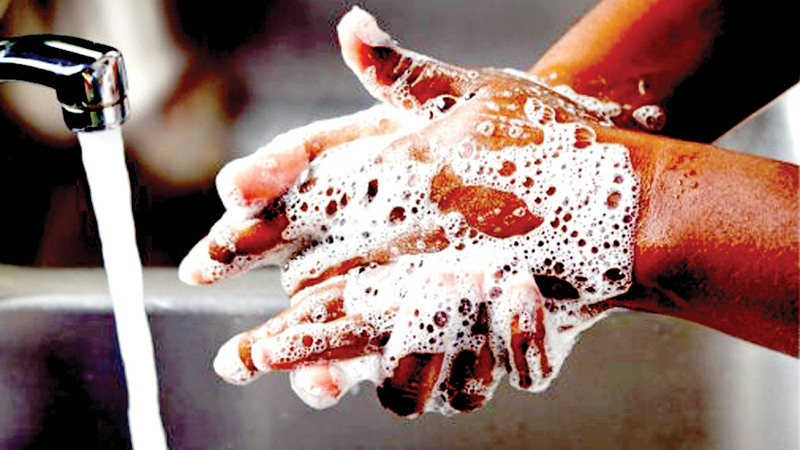Maintaining good hygiene is essential not only for physical health but also for mental well-being. Hygienic practices, including frequent hand washing, the use of sanitisers, and adopting cleanliness habits, form the foundation of a healthy lifestyle.
In our busy lives, these practices can sometimes be overlooked, but their importance in preventing illness, promoting self-care, and enhancing overall happiness cannot be underestimated.
One of the primary reasons hygienic practices are so important is because such practices are a must in preventing the spread of germs and bacteria. Pathogens are often transferred through hands, surfaces, and even the air, leading to various diseases. For example, illnesses such as the common cold, flu, gastrointestinal infections, and even more serious diseases like Covid-19 can easily spread if proper hygiene is not followed.
Washing hands with soap and water for at least 20 seconds, especially after coughing, sneezing, or touching public surfaces, is one of the most effective ways to protect yourself and others. However, when soap and water are not available, using an alcohol-based hand sanitiser can be a good alternative. Sanitisers with at least 60% alcohol can quickly kill most germs, providing an easy solution for maintaining cleanliness when you’re on the go.
Hygienic practices
Building hygienic practices into our daily routines helps create good habits that protect our health in the long term. The more you practice good hygiene, the less likely you are to experience illnesses, especially those caused by bacteria and viruses that thrive in unclean environments. A person who regularly washes their hands, cleans their living spaces, and follows basic hygiene guidelines is much less likely to become sick compared to someone who neglects these tasks.
For example, cleaning surfaces regularly—especially those that are frequently touched, such as door handles, countertops, and smartphones—can greatly reduce the risk of contamination. Similarly, regularly disinfecting your personal items, like your toothbrush, and even your work desk, can minimise exposure to harmful germs. These small yet significant actions contribute to a healthier life and reduce the chances of encountering infections that could otherwise interfere with your daily activities.
Good hygiene practices don’t only benefit your physical health; they also play a vital role in mental well-being. Cleanliness fosters a sense of order and calm, which can significantly reduce feelings of stress and anxiety. When we live or work in clean, well-maintained spaces, we feel more relaxed and less distracted by clutter or germs.
The act of washing your hands or using a sanitiser creates a sense of control over your environment. This feeling of control is comforting and contributes to emotional stability. Moreover, when we engage in daily hygiene habits like showering, brushing our teeth, and keeping our living spaces tidy, we are taking proactive steps to care for ourselves. This practice of self-care boosts our confidence, improves our mood, and helps us maintain a positive mindset.
Taking time to maintain personal cleanliness also fosters a sense of accomplishment. Completing daily hygiene tasks like brushing your teeth, washing your face, or cleaning your home can provide a sense of achievement and satisfaction. This positive reinforcement helps establish a routine that not only contributes to good health but also nurtures a sense of happiness.
Cleanliness can improve relationships with others, both personally and professionally.
When we maintain good hygiene, we are demonstrating respect for others by minimising the risk of spreading germs. In social settings, people appreciate when others are considerate enough to maintain basic cleanliness.
For example, using hand sanitizer before eating or after shaking hands is a simple but powerful gesture that shows care for those around you. In shared spaces, like offices or public transportation, using hygiene practices helps reduce the transmission of illness and ensures that everyone can stay healthy. This in turn builds trust and mutual respect in social relationships.
Maintaining personal hygiene can enhance self-esteem as when you feel clean, fresh, and well-groomed, it boosts your confidence and how others perceive you.
Whether it’s at work, in a social setting, or at a gathering, feeling good about your hygiene can lead to better interactions with those around you, making you feel more connected and happier overall.
Healthy habits
Making hygiene practices a habit can improve your overall quality of life. Consistently using hand sanitisers, cleaning surfaces, and practising good personal hygiene doesn’t have to be difficult—it’s about incorporating small actions into your daily routine. Over time, these actions become second nature, and their positive effects on your health and happiness become more noticeable.







